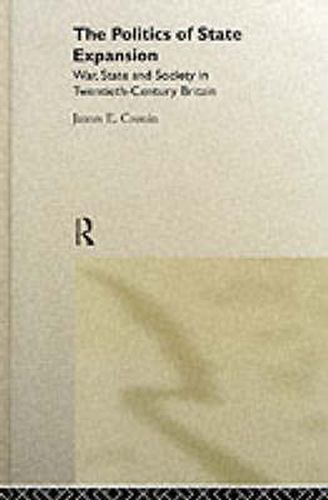The British state expanded as a result of constant, and often fierce, struggle between those in favour of a greater role for the state in social provision and economic management and those who opposed it. This book looks at both sides - at the views of Labour, the unions, reforming bureaucrats, and intellectuals, as well as those of Conservatives, upper and middle-class taxpayers, organized business and the City, and higher civil servants, who were against innovation. Ordinarily, the meagre resources of reformers were vastly exceeded by the institutionalized clout of those who opposed state expansion. Nevertheless, the state grew, and by the 1950s came to occupy a prominent place in the daily life of the nation. This was due to the two world wars: during these times the state’s bureaucratic and fiscal capacity expanded and disturbed the normal workings of politics. The interests opposed to government growth lost power and influence druing wartime, and new political space was created for reformers to argue the case for innovative public policies. The ends of both wars witnessed intense debated about the future of the state, efforts by reformers to give institiutional form to the extended boundaries of public reponsibility and equally serious efforts by conservatives to push them back. The book looks at these debated, providing a ne and critical perspective on the growth of the Keynsian welfare state and on the more recent retreat from Keynes and from collective provision.
Read More





